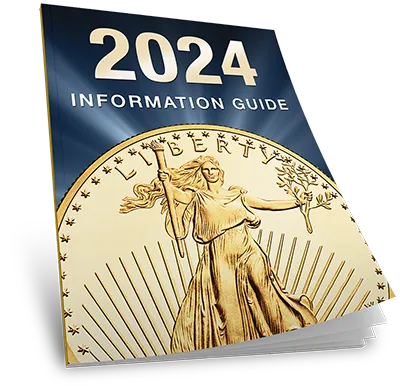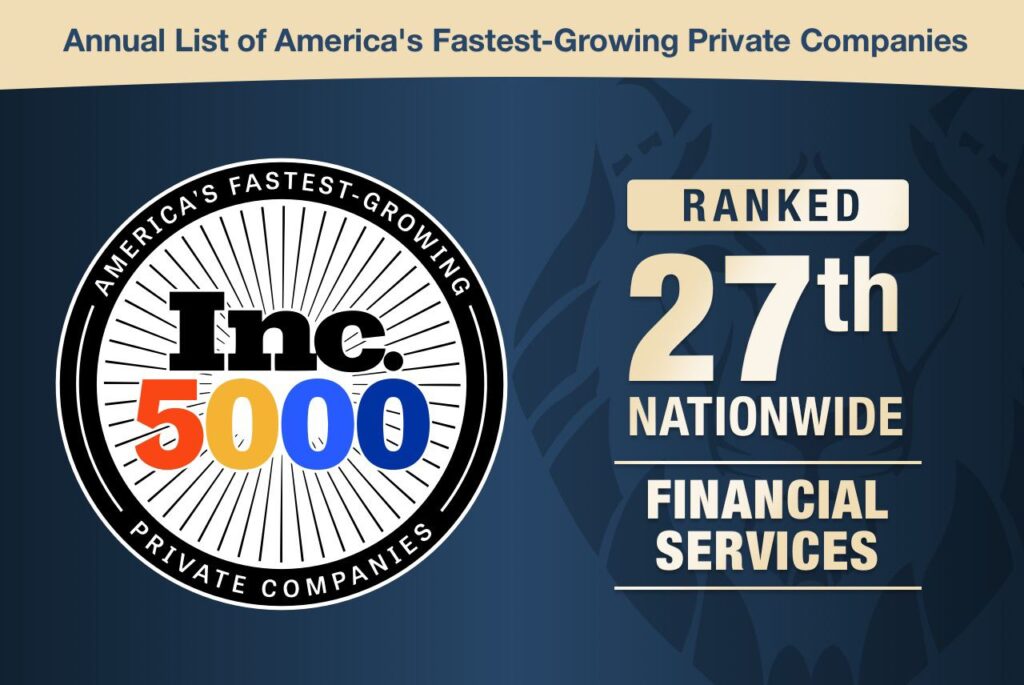Government Shutdown Averted, For Now
The recent turmoil in Washington, with the looming threat of a government shutdown, has sent ripples of concern through financial markets and retirement savers alike. The United States government has managed to avert a shutdown, at least temporarily. Policymakers agreed on a short-term funding deal. This deal ensures that the government will continue to operate until November 17th, just a week before Thanksgiving. However, the underlying issues and the potential for future shutdowns are far from resolved.
These ongoing disputes are eroding confidence in the government. Analysts see the continued impasse threatening the credit rating of the United States. The gridlock also raises concerns about the dangers of runaway debt and excessive government spending.
As the next government funding deadline approaches, experts are warning of a potential stock market sell-off. The economy is already on shaky ground. Savings are at record lows and student debt payments are set to resume – further straining consumer spending.
Adding to this uncertainty, there is a high probability of another interest rate hike at the end of October. Goldman Sachs has expressed concerns that higher interest costs could weigh down corporate profits for the remainder of the year and into 2024. As we approach earnings season, it’s worth noting that of the S&P 500 companies that have issued guidance, 64% are projecting negative results.1
Furthermore, oil prices are surging. Driven by Russia and OPEC+ oil cuts, they show no signs of abating. Oil prices have climbed by a fifth in the past quarter. Prices reached as high as $90 a barrel. High energy prices can lead to higher inflation and increased business costs.
These financial worries come on the heels of the worst month for stocks all year. In September, the S&P 500 fell by 5%, the Nasdaq dropped by 6%, and the Dow sank by 4%. These losses are attributed to Wall Street’s concerns about persistent inflation and the Federal Reserve’s ongoing interest rate hikes. It marks the second consecutive month that each of the three major indices has posted losses.2
 3
3
Looking ahead, Wall Street doesn’t appear to hold much optimism for stocks. The US Dollar Index tracks the strength of the dollar against other currencies. It is rising as interest rates increase. This suggests that investors may be more inclined to move their investments into the dollar rather than stocks. Investors seem to be betting that the Fed’s fight against inflation is far from over.
Shutdown Impact
But what exactly happens during a government shutdown, and how does it impact the economy and your 401(k) investments?
A government shutdown is different from a default. During a shutdown, the federal government suspends all non-essential services until a funding agreement is reached. In contrast, a default occurs when the government can’t pay its debts or meet its obligations. A default would undermine the creditworthiness of the United States and have significant global financial repercussions.
While a default has never happened, there have been more than 20 government shutdowns since 1976. During a shutdown, payments to critical government services like Social Security continue. Markets tend to react more negatively to a default due to its more severe implications. But a shutdown still increases volatility and uncertainty in financial markets.
The economic impact of a shutdown largely depends on its duration. The longer it persists, the more damage it can cause. A shutdown leads to depressed economic activity due to the loss of contributions from furloughed federal workers to the Gross Domestic Product (GDP). Additionally, there is a delay in federal spending on goods and services, resulting in an overall reduction in demand.
A recent example is the 34-day government shutdown that occurred in the winter of 2018-2019. During that shutdown, at least $18 billion in spending was delayed. This spending resumed once the government reopened. The total cost of that shutdown was estimated at $11 billion. The nonpartisan Congressional Budget Office suggesting that $3 billion of that loss was permanent.
The economic consequences of the 2018-2019 shutdown were significant, leading to an $8 billion hit to real GDP. This time around, the Bipartisan Policy Center think tank predicts that a shutdown could cost upwards of $1 billion per week.4
Preparing for a Shutdown
In times of government shutdowns and economic volatility, diversifying your portfolio becomes crucial to weathering the storm. One effective strategy to safeguard the value of your funds is by incorporating physical precious metals, such as gold and silver, into your retirement savings through a Gold IRA. Unlike traditional IRAs, which are often tied to the performance of stocks and bonds, a Gold IRA allows you to hold physical gold and other precious metals as assets within your retirement account.
The inherent value and stability of precious metals make them a valuable hedge against the uncertainties that government shutdowns can introduce. Gold, in particular, has historically shown its ability to retain its value, even in times of economic turmoil and political unrest. When the stock market experiences declines and the purchasing power of paper currencies erodes due to inflation, physical gold serves as a safe haven. With a potential government shutdown only weeks away, contact us now 800-462-0071 to learn more.






